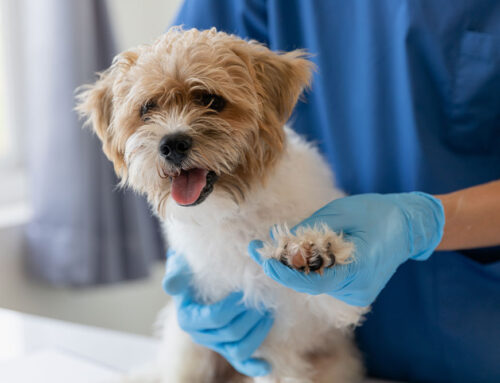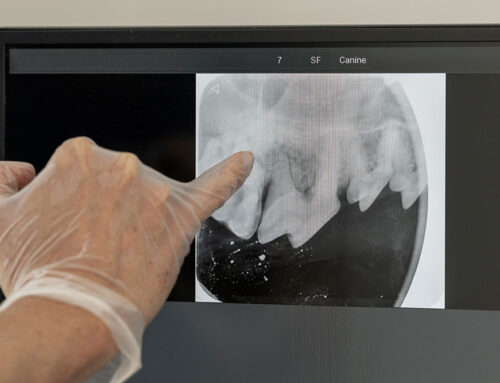American Red Cross Pet First Aid Awareness Month: Essential Knowledge for Pet Owners in Athens, Alabama
Understanding Pet First Aid: Why Every Pet Owner Should Be Prepared
Pet first aid is the immediate, temporary care given to an injured or sick animal until professional veterinary treatment is available. Being prepared for pet emergencies can save lives and prevent minor injuries from becoming severe.
The American Red Cross Pet First Aid Awareness Month serves as a reminder of the importance of having the right skills, tools, and knowledge to handle common pet emergencies effectively. At Town & Country Animal Hospital in Athens, Alabama, we encourage all pet owners to familiarize themselves with first aid basics and ensure they are equipped to help their pets in an emergency.
Key Statistics on Pet Emergencies
- 1 in 3 pets will require emergency veterinary care each year.
- The most common emergencies include choking, poisoning, heatstroke, and injuries from accidents.
- Immediate first aid can significantly improve a pet’s chances of recovery before reaching a veterinary clinic.
Ignoring early signs of an emergency can lead to severe complications, prolonged recovery, or even life-threatening outcomes.
Essential Pet First Aid Skills Every Pet Owner Should Know
Handling Minor Pet Injuries
Minor Cuts & Wounds
- Apply gentle pressure to stop bleeding.
- Clean wounds with antiseptic wipes.
- Use gauze and adhesive bandages to protect the wound.
Sprains & Strains
- Limit movement and prevent further injury.
- Apply a cold compress to reduce swelling.
- Immobilize the area using soft padding or a splint if necessary.
Bug Bites & Stings
- Remove any visible stinger with tweezers.
- Apply a cold pack to reduce swelling.
- Monitor for allergic reactions, such as swelling or difficulty breathing.
Responding to Serious Pet Emergencies
Heatstroke
- Signs: Excessive panting, drooling, lethargy, vomiting, and collapse.
- Move your pet to a cool, shaded area.
- Apply cool (not cold) water to the body.
- Offer small amounts of water and seek veterinary care immediately.
Choking
- Signs: Pawing at the mouth, gagging, or inability to breathe.
- Carefully open the mouth and check for visible obstructions.
- Do NOT push an object further down the throat.
- If necessary, perform the Heimlich maneuver for pets (gently apply pressure to the abdomen).
Poisoning
- Symptoms: Vomiting, diarrhea, seizures, excessive drooling.
- Identify and remove the source of poisoning if possible.
- DO NOT induce vomiting unless instructed by a veterinarian.
- Bring any packaging or labels to the vet for reference.
For more in-depth guidance, refer to Pet First Aid – Tufts University Cummings School of Veterinary Medicine.
American Red Cross Resources for Pet Owners
Red Cross Pet First Aid Training
The American Red Cross offers pet first aid training to help pet owners develop essential skills for responding to emergencies. Courses cover:
- CPR for pets
- How to handle injuries and wounds
- What to do in case of poisoning or allergic reactions
Enroll in a Red Cross Cat and Dog First Aid Class.
How to Build a Pet First Aid Kit
Must-Have Items in Your Pet First Aid Kit
A well-stocked first aid kit ensures you’re prepared for minor injuries and emergency situations. Essential items include:
- Bandages & Gauze – For wound protection
- Antiseptic Wipes – To clean minor cuts
- Digital Thermometer – For checking fever or hypothermia
- Tweezers & Scissors – For removing splinters or trimming bandages
- Muzzle (Soft or Cloth) – To prevent biting when pets are in pain
Knowing How to Use Your First Aid Kit
Understanding how and when to use each item in your kit is just as important as having the supplies.
- Practice using a thermometer to monitor temperature changes.
- Learn proper bandaging techniques to avoid cutting off circulation.
- Keep emergency contacts (vet and poison control) easily accessible.
When to Seek Professional Veterinary Care
Understanding the Limits of Home First Aid
While first aid is essential, some emergencies require immediate veterinary intervention.
Signs that warrant emergency vet care:
- Severe bleeding that doesn’t stop within 5 minutes
- Labored breathing or unconsciousness
- Ingestion of toxic substances
- Seizures or loss of coordination
Having your vet’s contact information readily available can save valuable time in an emergency.
Emergency Services at Town & Country Animal Hospital
For urgent pet care, visit our emergency services page. Our experienced veterinary team is equipped to handle a wide range of pet emergencies with the latest medical technology.
Be Prepared, Stay Informed, and Protect Your Pet
Pet emergencies can happen anytime, anywhere. Being prepared with first aid knowledge and having the right tools can make a life-saving difference.
Let’s work together to keep our pets safe and healthy all year round!








Leave A Comment